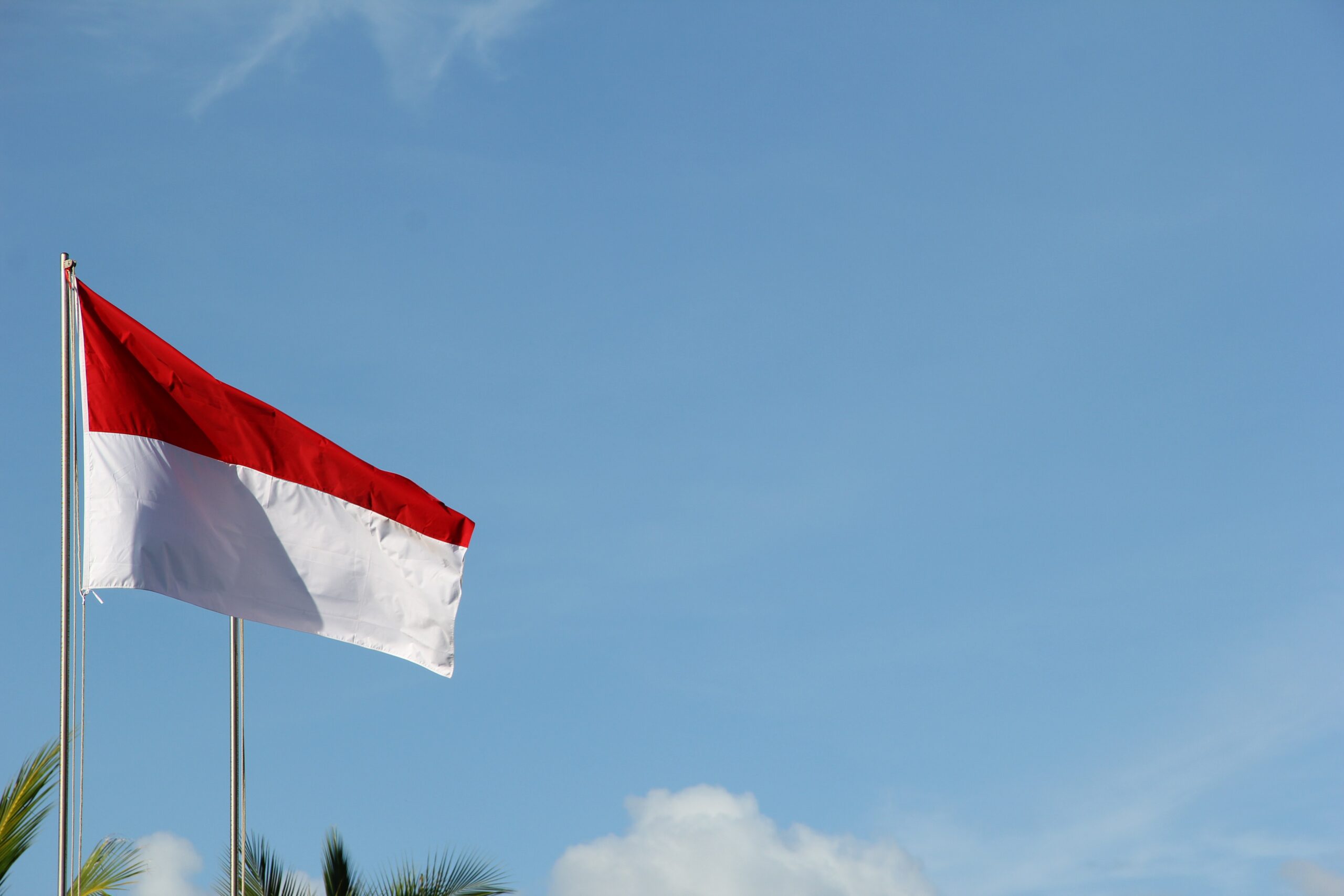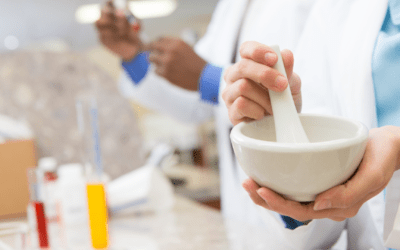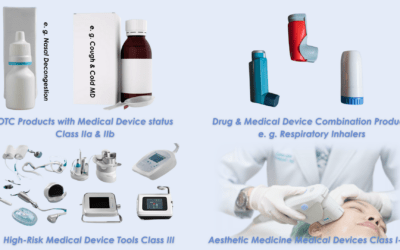With the growing population in Indonesia, which is forecasted to reach around 296 million by 2030, the Indonesian government teamed up with the national agency for Drug and Food Control to provide better well-being for its citizens.
Due to rising regulatory standards and quality controls OTC and Pharma companies will face higher regulatory barriers when trying to enter Indonesia in the coming years.
BPOM, the Drug and Food Control in Indonesia, took responsibility to ensure that only high quality OTC and pharma drugs can enter the country. They made a big effort increasing the transparency of the regulatory environment. The authorities’ evaluation of pharma products is based on the products’ quality, safety and efficacy.
So far, there has not yet been a big change in the drug registration process. The registration timeline varies in terms of the drug types or categories. For new products, usually it takes 300 working days to register since they are required massive evaluations before the issuance of the marketing authorization. For essential generic drugs, drugs for national health programs and others, they usually require 100 working days, which is the shortest possible time. For branded generics, 150 working days are needed to finish the registering process.
The timeframe of drug registration put burdens to OTC and Pharma companies. But, in terms of regulatory and political trends, it is believed that the BPOM will continue the stringency of supervising in the OTC and pharma industry. Amien Sunaryadi, partner at EY Indonesia, said that Indonesian pharmaceutical regulations were not as tight as their counterparts in the U.S. or other western countries; However, they were consistently being developed and becoming stronger. Pharma companies will face higher regulatory barriers in the coming years.
Featured image: Photo by Nick Agus Arya on Unsplash




